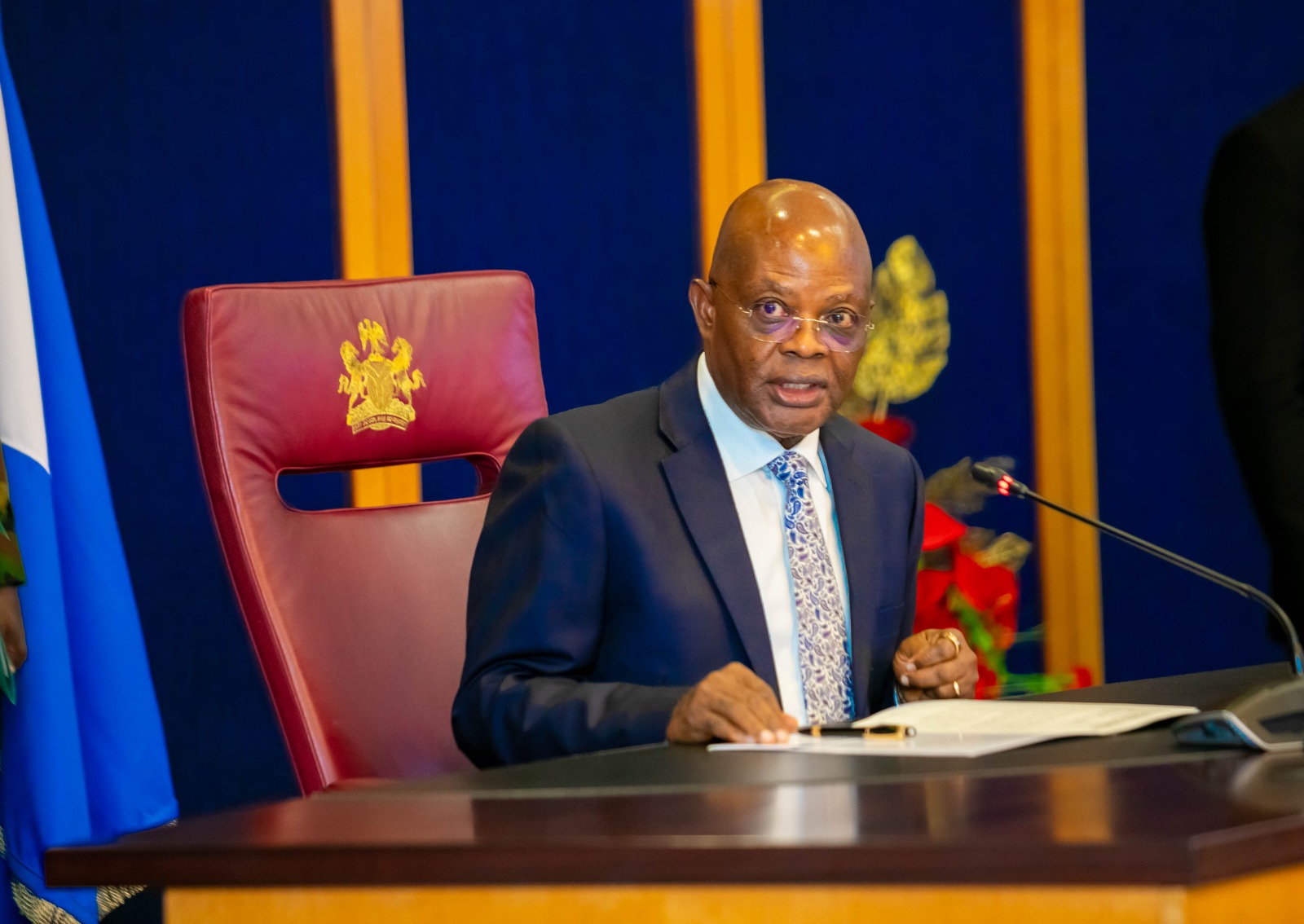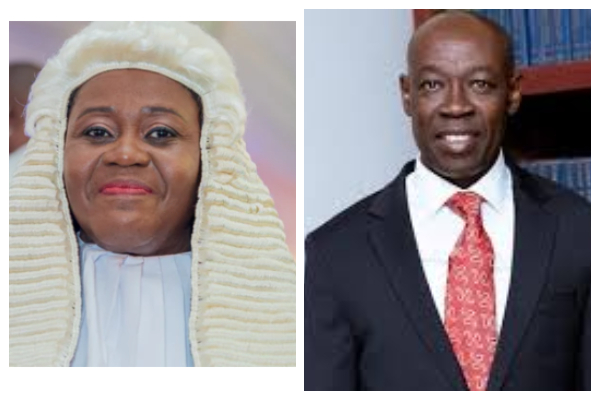Hong Kong Unveils LEAP Framework to Boost Crypto and Tokenisation
Coin WorldThursday, Jun 26, 2025 5:24 am ET
![]() 2min read
2min read
Hong Kong is taking significant steps to solidify its position as a global leader in digital finance. On June 26, the region's government released its updated Policy Statement 2.0 on the development of digital assets, building upon its 2022 plan. This new strategy underscores Hong Kong’s dedication to becoming a premier hub for crypto and tokenisation, with a comprehensive framework focused on regulation, innovation, and adoption.
The core of this policy is a new framework called LEAP, which stands for Legal clarity, Expanding tokenised products, Advancing use cases, and People development. This strategy aims to balance innovation with investor protection by establishing clear rules for exchanges, stablecoin issuers, and custodians. The Securities and Futures Commission will oversee licensing efforts, while the Monetary Authority works to remove legal barriers to real-world asset tokenisation, including bonds and ETFs.
Tokenisation is a key focus of the new policy. The government plans to regularly issue tokenised government bonds and encourages the tokenisation of other assets such as gold, metals, and renewable energy products. Additionally, plans are in place to allow secondary market trading of tokenised ETFs on licensed platforms, indicating a commitment to building a vibrant and active market.
The upcoming stablecoin licensing regime, set to launch on August 1, is designed to drive real-world adoption. Authorities are promoting cross-sector collaboration and providing funding through Cyberport to support high-impact blockchain projects. These initiatives aim to demonstrate how digital assets can integrate with the real economy, fostering broader acceptance and use.
Hong Kong also aims to become a center for crypto expertise. The region plans to develop local talent through academic and industry partnerships, positioning itself as a leader in international cooperation and research in digital finance. With clear direction, regulatory clarity, and government support, Hong Kong is sending a strong message to the crypto community that it is ready to lead the global shift into digital assets, not just support it from the sidelines.
The new stablecoin licensing regime is part of a broader strategy to foster the adoption of digital assets and blockchain technology. The policy, outlined in the “Policy Statement 2.0” for the Development of Digital Assets, aims to create a more robust regulatory framework for the region's digital asset ecosystem. The stablecoin licensing regime is designed to unlock real-world adoption by setting clearer rules for stablecoin issuers, exchanges, and custodians. This move is expected to enhance the credibility and security of digital assets, making them more attractive to a wider range of users and investors. The Monetary Authority will begin accepting license applications shortly after the ordinance takes effect, ensuring that only compliant entities can issue stablecoins.
In addition to the stablecoin regulations, the government has launched a blockchain and digital asset pilot initiative. This program aims to provide financial support to companies in the development phase, enabling them to test impactful blockchain and digital asset solutions. The initiative underscores the region's commitment to innovation and its efforts to stay at the forefront of technological advancements.
The new regulations are part of a broader effort to future-proof Hong Kong's crypto ambitions. By setting a high bar for stablecoin licensing, the region aims to create a responsible and sustainable digital asset ecosystem. The ordinance stipulates that any entity looking to issue fiat-backed stablecoins must comply with stringent regulatory requirements, ensuring that only reputable and compliant entities can operate in the market.
The implementation of these regulations is expected to have a significant impact on the digital asset landscape in the region. By providing a clear and comprehensive regulatory framework, Hong Kong aims to attract more companies and investors to its digital asset ecosystem. The new rules are also expected to enhance the region's reputation as a hub for innovation and technology, further solidifying its position as a leader in the global digital asset market.










